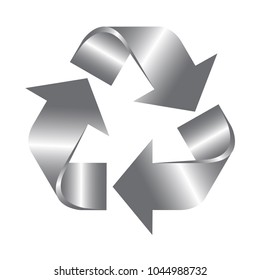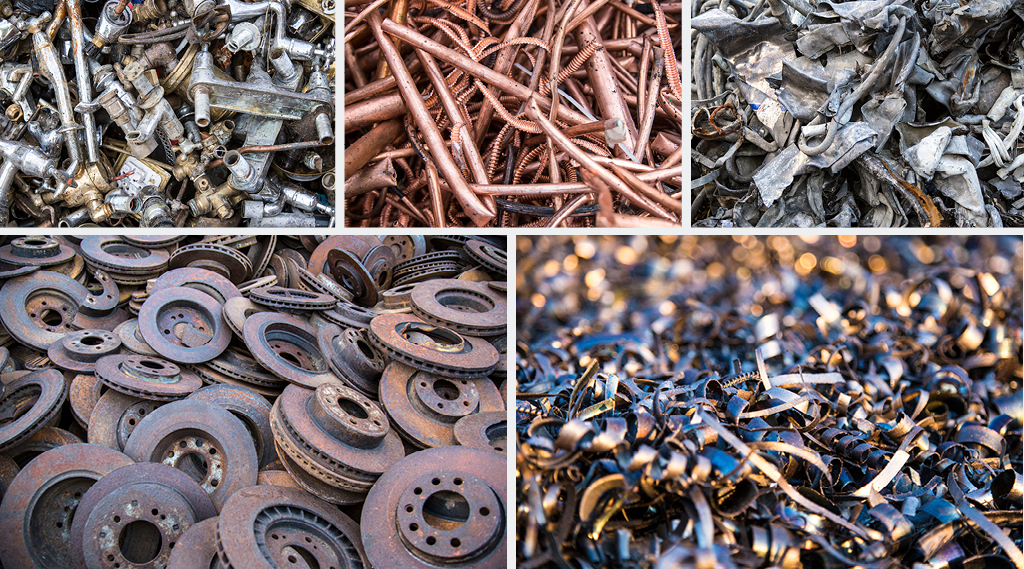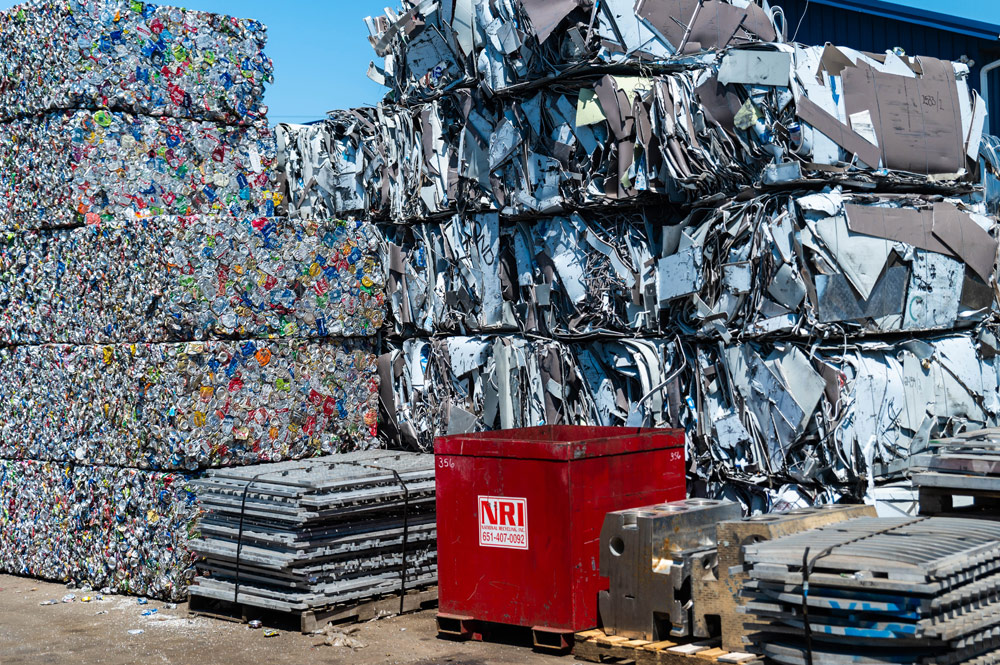
Producing products with extracted metal requires other natural resources, such as fuel, wood, etc., thus putting additional stress on non-renewable sources of energy. Extraction of metal means depleting natural resources of the planet. It causes soil, air, water, and noise pollution, which will harm the community.Ģ. The major disadvantage is that it harms the environment. When companies deal with metal, they have to pay taxes, which further helps in improving the economy of the local community as well as the government.ġ. Moreover, there will be an increase in facilities such as hospitals and transportation near the mines.3. Extracting, processing, refining, and transporting metal requires several people on the payroll. It helps in creating a lot of jobs for people. It can be exported and sold to several countries that have high metal consumption, such as China or the United States.Ģ. Raw metal is extremely valuable and helps in bringing in a lot of revenue - for the company as well as the country. Let us look at some advantages of extracting raw material as compared to recycling scrap material.ġ. In order to minimize these damages, you must recycle metals. While these products are useful, the processes required to produce them end up doing a lot of damage to the environment. There, the processed metal will undergo further processes and turned into different products.

Rather than clogging up a landfill, these materials are upcycled into awesome looking messenger bags and other products.After the metal is extracted from the soil, it is refined, processed, and transported to several manufacturers.
RECYCLE METAL HOW TO

You typically cannot recycle the following items either at home or at a public facility, so you’ll need to toss them into the regular trash bin. And you can often have large items hauled away by a pick-up service.Ĭheck Availability No, you cannot recycle these metals. Some communities also offer curbside pickup for larger household items a couple of times a year. Metso offers a wide range of efficient solutions for shearing, baling, briquetting, shredding and pre-shredding of virtually every type of metal scrap. Simply check Earth911’s recycling locator to find your local scrapyard for drop-off. You can recycle these metal items… but not at home. Take these metals to your local scrapyard Similarly, small bits of foil should be put inside a can and squeezed shut before tossing into the recycling bin. Or you can place them inside and squeeze middle of the can shut, so they can’t get out. To help the recycling center out, be sure to keep tabs attached to the soda can. While the below items can be recycled, their small size can be a slight issue, as they can get stuck in the recycling equipment and jam it. Yes, but before you recycle these tiny metal bits… It’s difficult and cost-prohibitive to separate metal from plastic, so most recyclers simply don’t do it.) (If the bag or wrapper does pop back, it means the metal is melted together with plastic.

Disposable bakeware (muffin tins, lasagna trays).Note that stuck on foods can be an issue for some recycling equipment, so be sure to rinse first. Yes, these metals can be recycledĭo recycle the following items. But think about it no more! Here’s your cheat sheet.Īlso read: Which Plastic Recycling Codes Can (or Cannot) Be Recycled? Here’s Your Quick List.

How many times have you stood over the recycle bin, wondering whether it was ok to toss in that chip bag, chocolate wrapper or dirty tin foil? You’re a good person for putting that much thought into it, my environmental friend. Option 1: Bring your unwanted metals to the Recycling Zone or a local scrap metal recycler. This helps to cover our costs and keep this site going. This means, at no additional cost to you, we will earn a commission if you click through and make a purchase. This article may contain affiliate links.


 0 kommentar(er)
0 kommentar(er)
